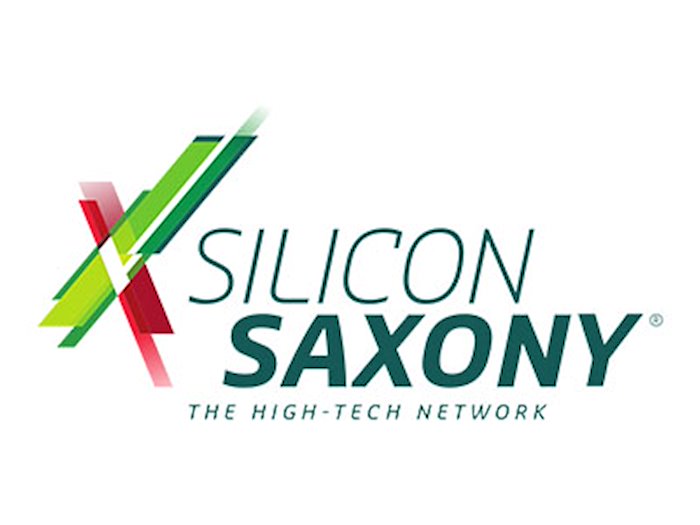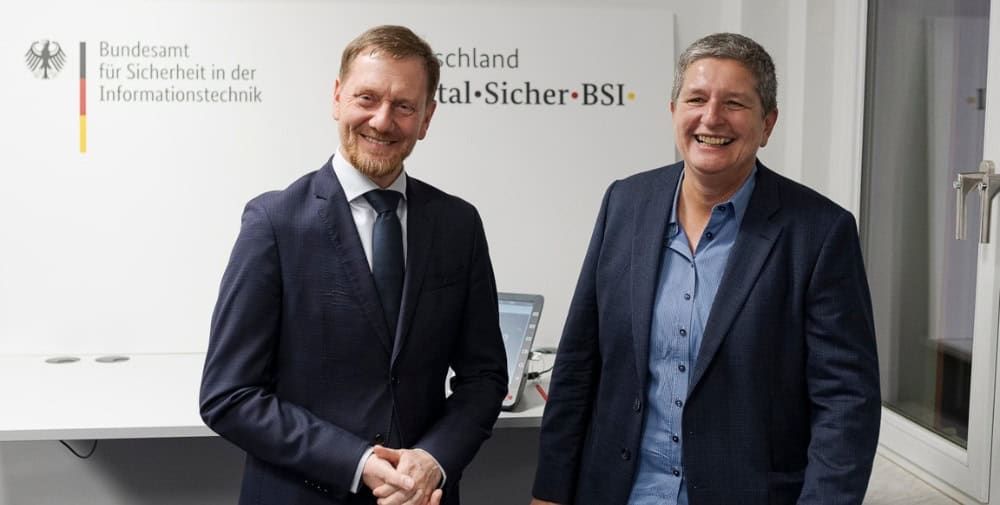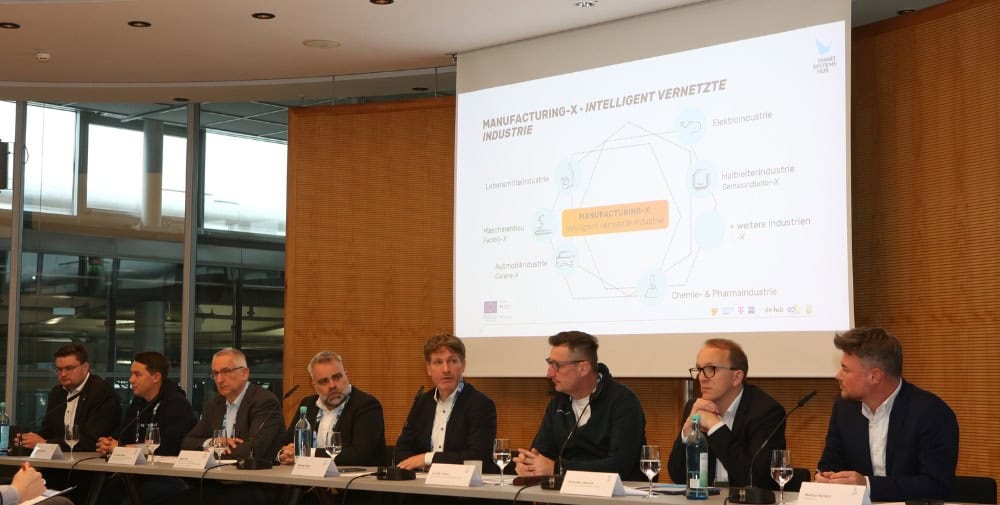
Today, Thursday, September 28, 2023, a motion of the CDU/CSU parliamentary group will be discussed in the Bundesrat. Its title “Strengthening artificial intelligence as a key technology for Germany’s future” sounds promising. After all, a key technology does not just have the potential or already the position to be of decisive importance in one area of research, business, industry or society. Rather, it is indispensable in numerous areas and makes a decisive contribution to the success of a national economy. A political signal that is supported these days by a study commissioned by Google from the research institute IW Consult. “Artificial intelligence (AI) could contribute around 330 billion euros to the value creation of the German economy in the future,” the study states. The possibilities of this exciting technology seem almost limitless. Even with the use of current AI solutions, there would be so much to gain for the German economy.
17 percent of German companies are already using AI technologies
Researchers at IW Consult, a subsidiary of the Institute of the German Economy (IW) in Cologne, calculated that employees:inside German companies in the on average could spend 100 hours a year on more productive activities by using AI technology. If at least half of German companies were to use corresponding technologies, this would result in the aforementioned value-added effects of 330 billion euros. In addition, current shrinkage processes caused by the increasing shortage of labor could be offset in this way. After all, around 600,000 German companies are already using AI solutions in their daily work. That is approximately 17 percent of all German companies. “For the future competitiveness of the business location, it is crucial to defend and expand the lead in productivity,” said the director of the Institute of the German Economy, Michael Hüther. This is to be done through the widespread use of AI. The proposal from the CDU/CSU now toots the same horn – pi times thumb – and calls “within the framework of existing budgetary resources” above all for the promotion of open-source solutions, the recruitment of AI specialists and investment in necessary hardware.
Is the end of the world already averted?
Hyped as a key technology and economic driver, artificial intelligence is thus currently receiving plenty of attention. Hardly a day goes by without spectacular news from this field. Companies are using it to analyze vast amounts of production and machine data, optimizing crucial processes from materials procurement to manufacturing and logistics. Students and schoolchildren are learning with AI or writing homework, term papers and annual projects with its support. AI is said to find life on Mars or monitor rainforests and nature preserves. Even lifeguards are currently being provided with artificial intelligence on a trial basis to better protect outdoor pool guests. Yes, AI seems to be omnipresent. Not a word is said anymore about the pause in AI development that was still being called for at the end of March by numerous experts – among them Apple co-founder Steve Wozniak, tech billionaire Elon Musk and pioneers of AI development like Stuart Russel or Yoshua Bengio. What yesterday could have led to the end of the world is today already humanity’s great opportunity to take the next step on the evolutionary ladder.
Trust is good, control is better
The truth probably lies somewhere in between. Of course, it makes sense not to blindly condemn such an extraordinary technology, but to explore and exploit it to the best of our ability. However, it makes no less sense to assess risks, establish control mechanisms and place the responsibility for this not only in economic but also in political or better governmental hands. In this context, too, it is quite positive when political actors recognize the implications of a technology and initiate important changes. For example, the European Union’s “Artificial Intelligence Act (AI Act)“, the world’s first AI law, which is due to be passed this year, showed that the call of the hour was also understood by the EU. For far too long, responsibility and virtually all action in the field of artificial intelligence had been in the hands of research, business and industry – in other words, mostly private actors. The risk levels provided for in the “AI Act” – from unacceptable to minimal – as well as the standards to be met accordingly – from prohibition to meaningful documentation for users – are an important step. Even a kind of TÜV seal for AI solutions is currently being discussed.
German AI hopes grow in Heilbronn – the USA dominates the world market
In the future, German AI hopes regulated in this way are to be worked on in Heilbronn, among other places, according to current reports. Here, a KI innovation park is being built on a 23-hectare site on the outskirts of the city. By 2027, a “small, smart village” will be built here: with research labs, a data center and space for companies and startups. It is being financed in equal parts by the Schwarz’ Foundation and the state of Baden-Württemberg, each of which is contributing 50 million euros. These days, an important partner for the project has been found in Aleph Alpha, an AI start-up from Heidelberg that is currently considered the most promising artificial intelligence developer in Europe, capable of taking on the competition from the United States. 100 million euros and a start-up are thus up against giants such as Google, Microsoft and Amazon. AI development, and this also seems clear, will continue to be dominated by players from the USA. Amazon, for example, announced plans to invest up to $4 billion in AI developer Anthropic. OpenAI is currently targeting a $90 billion valuation through stock sales to investors. The fact that a tech giant like SAP is now releasing its AI assistant Joule may therefore already be considered a major success for Germany as a business location.
Germany must invest more if it wants to become more independent
If Germany and Europe seriously want to have a say in the field of artificial intelligence, it will not be done with a motion in the Bundesrat and regulatory efforts at the European level. Investing in tomorrow’s technologies today must succeed in a coordinated way – not just at the state level, but at the federal and European levels. Where the AI journey for Germany and Europe can go will depend, among other things, on funding made available and serious efforts to train and retain AI experts in this country. Otherwise, German companies will have to continue to rely on AI solutions “made in the USA” in the future. A dependence that entails risks.


